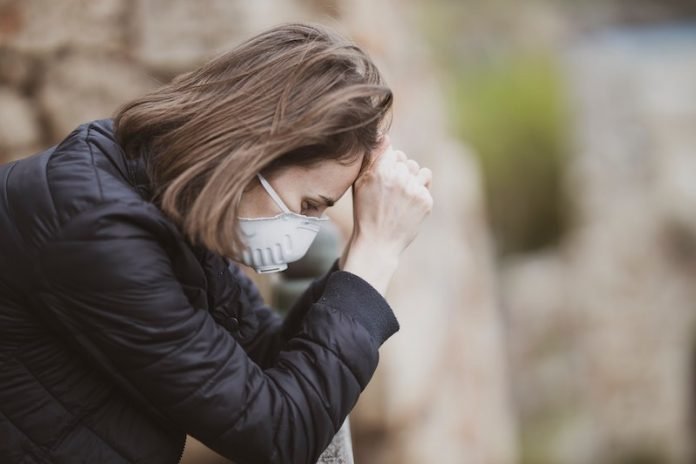
In a new study from the Australian National Phenome Centre, researchers found that non-hospitalized COVID-19 patients continue to present symptoms long after infection and even more have blood abnormalities.
They examined the blood chemistry of patients three months after the acute disease phase of COVID-19 and found persistent systematic changes that relate to ongoing symptoms at six months.
Those symptoms include chronic fatigue, muscle and joint pain and loss of sense of smell.
The post-acute COVID-19 syndrome (PACS) – colloquially known as “long COVID”—was found in more than half of non-hospitalized COVID-19 patients. Most people had between one and nine more persistent symptoms.
The findings developed an objective metabolic framework for measuring systemic recovery in COVID-19 patients, and the team says scientists can use this to definitively track whether people are in fact fully recovering from the disease.
Not all people recover in the same way and there is a diversity of metabolic abnormality as well as symptoms.
It remains unclear whether PACS is an extension of the COVID-19 disease trajectory or marks the onset of additional, separate chronic disease entities that continue to be driven by the enhanced immune response to the virus.
The team says the respiratory symptoms are just the tip of the iceberg in terms of the underlying biochemical and immunological dysfunction caused by COVID-19.
There are now over 140 million so-called “recovered” people around the world, so it is possible that long-term effects will be seen in tens of millions of people with significantly increased healthcare economic burdens as well as individual medical problems.
If you care about COVID-19, please read studies about this stuff in the blood tied to severe COVID-19 and findings of most people hospitalized with COVID-19 have at least 1 symptom 6 months after falling ill.
For more information about COVID-19 and your health, please see recent studies about common gut inflammation linked to COVID-19 and results showing why COVID-19 patients recover quickly and sustain antibodies.
The study is published in the Journal of Proteome Research. One author of the study is Professor Jeremy Nicholson.
Copyright © 2021 Knowridge Science Report. All rights reserved.



